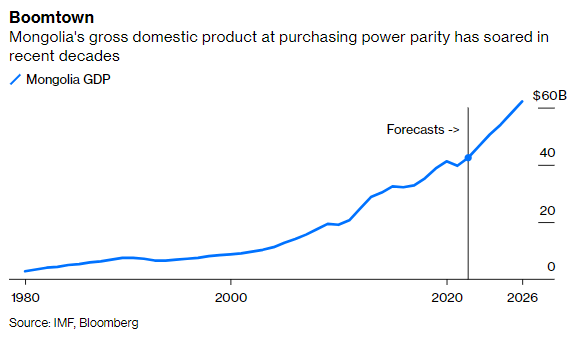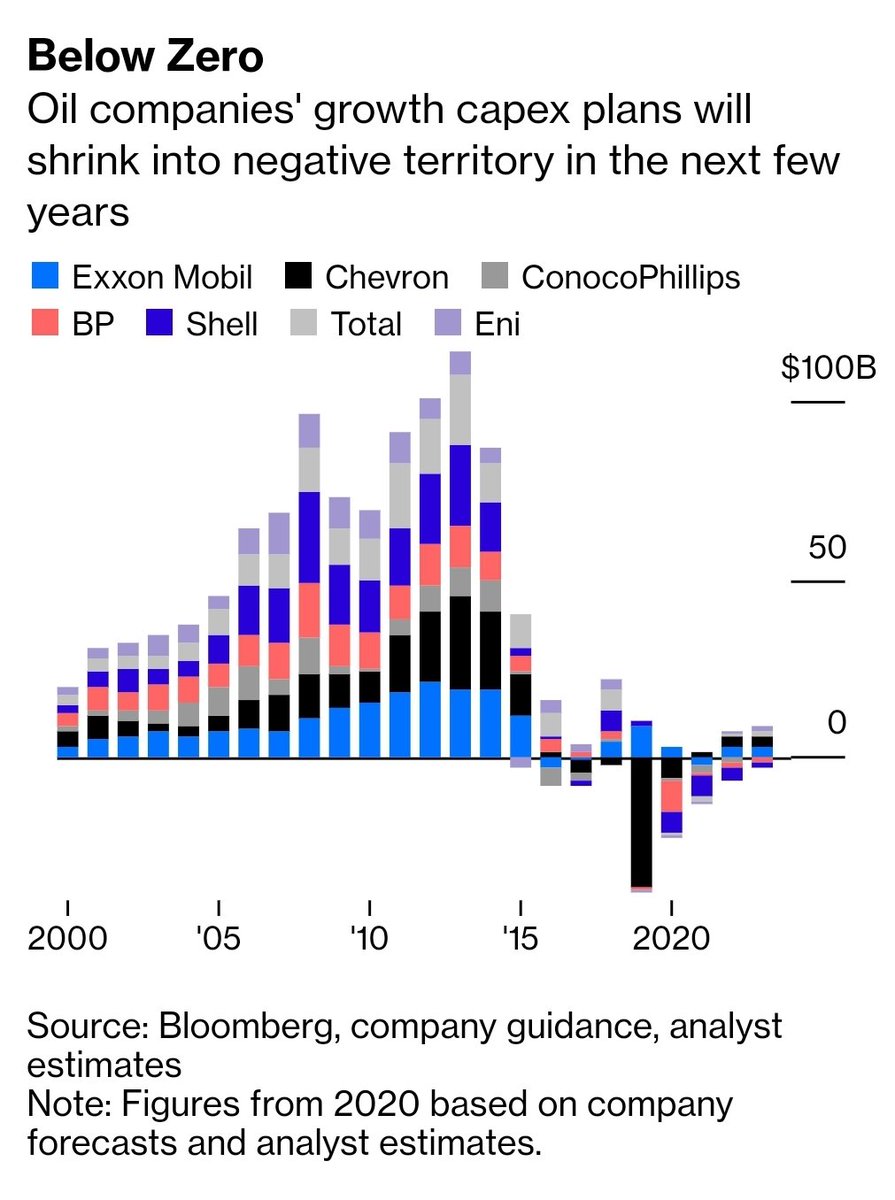
Is Mongolia's remarkable democratic experiment in danger after the ruling party consolidated its power in Wednesday's presidential elections?
Not just yet: bloomberg.com/opinion/articl…
Not just yet: bloomberg.com/opinion/articl…
We don't, IMO, talk enough about Mongolia's success story. While other central Asian republics drifted into authoritarianism after the fall of the USSR, it's built a robust and lively democracy with a booming economy: 

Still, despite high scores for things like democratic and press freedoms, corruption is rife and the past few years have seen a rolling constitutional crisis as the Mongolian People's Party and Democratic Party have duked it out for supremacy.
The incumbent MPP has handled Covid very well. Its resounding electoral wins in parliamentary elections last year and the presidential poll on Wednesday seem of a piece with other parties around the world which have seen their popularity soar with Covid. 

The concern, though, is that unified control of the presidency and more powerful parliament will allow the MPP to erode the freedoms that Mongolia has worked so hard to cultivate, in the manner of Fidesz in Hungary and Law & Justice in Poland:
bloomberg.com/graphics/2017-…
bloomberg.com/graphics/2017-…
The Democratic Party was pretty explicit about this, running on a slogan of "Mongolia without Dictatorship".
The electorate, who appear to have returned the MPP candidate with huge margins and wiped out the DP, don't seem to have bought the argument.
blogs.ubc.ca/mongolia/
The electorate, who appear to have returned the MPP candidate with huge margins and wiped out the DP, don't seem to have bought the argument.
blogs.ubc.ca/mongolia/
Personally, I'm optimistic that this success story is going to continue. It's not so long ago that outgoing DP-nominated president Battulga was seen by many as the main threat to democracy in Mongolia:
bloomberg.com/news/features/…
bloomberg.com/news/features/…
In that sense, you can see Wednesday's election result as a rejection of authoritarianism, and a negative verdict on the disintegration of the DP, rather than an embrace of it.
Mongolian has 18,000 civil society organizations and a press that's rated as free as Japan's by @RSF_inter
The fact that people worry so much about deterioration of democratic institutions is, IMO, a good sign that citizens are alert and jealous of their freedom.
The fact that people worry so much about deterioration of democratic institutions is, IMO, a good sign that citizens are alert and jealous of their freedom.
@RSF_inter So I remain optimistic that what we're seeing is the growing pains of a young democracy, rather than the death rattle of a failing society.
Read the whole piece here: bloomberg.com/opinion/articl…
Read the whole piece here: bloomberg.com/opinion/articl…
• • •
Missing some Tweet in this thread? You can try to
force a refresh









